Racism denies people their human rights because of their race, ethnicity, or skin color in countries around the world. Educating ourselves on its causes and impact is a necessary step to stop it.
For many people of color, we often experience racial inequity for the first time in our daily lives, not on the page of a book. But storytelling helps us to feel seen, find healing, make sense of our experiences, and remind us of the progress being made to create an equal future. Books can also create empathy for those who experience racism, and help us all gain a better understanding of the systems that uphold racial inequality, and why we all need to work harder to fight it.
Global Citizen staff shared books we’d like to recommend that changed our perspectives on racial equity somehow. The books we chose explore the legacy of colonialism, identity, reckoning with our role in white supremacy, intersectionality, resistance movements, and more. Here’s a list of 10 suggestions from authors worldwide to read not only during February, Black History Month in the US and Canada, but year-round.
1. 'Homegoing' by Yaa Gyasi
Recommended by Olivia Kestin, Photo Director

“Homegoing by Yaa Gyasi explores centuries of history through two half-sisters in Ghana, whose lives take divergent paths. One sister marries an English slave trader which keeps her family in Ghana, while the other is sold into slavery in the American South. Gyasi's deeply captivating and profound storytelling looks at the legacy of slavery and colonization through multiple generations, leaving us thinking about how the past informs the present.”
2. 'Growing Up Aboriginal In Australia' by Anita Heiss
Recommended by Camille May, Impact Communications
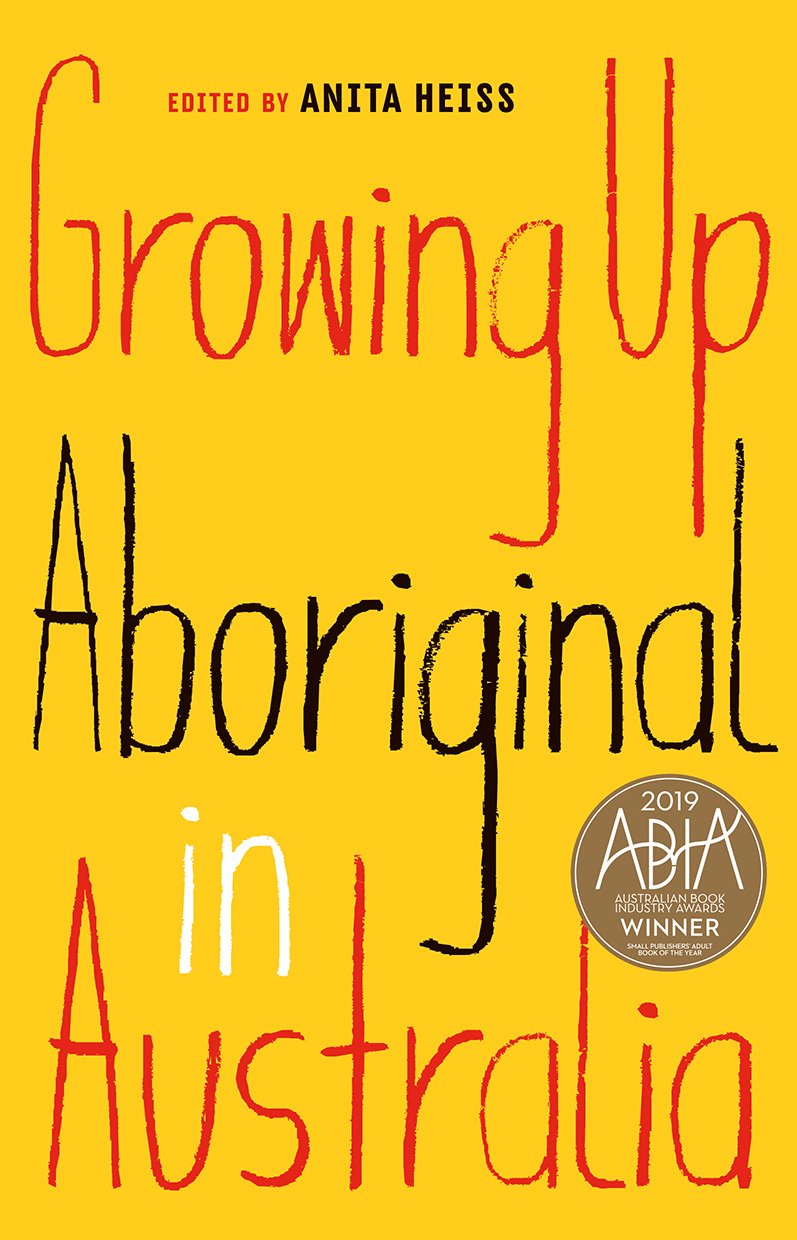
“The book helped me understand how colonial legacy still impacts Indigenous Australians' everyday lives, as well as the experiences of racism and objectification that Indigenous people face to this day. Indigenous Australians are the traditional custodians of Australia, and it's important for me as a non-Indigenous Australian to acknowledge and learn from them. The Indigenous voices in this book, and the many who’ve told their story before them, leave behind a valuable legacy for future Australians and help paint a picture of life in this country which is more often ignored.”
3. 'Go Home!' by Rowan Hisayo Buchanan
Recommended by Mellison Arguson, Social Media Manager
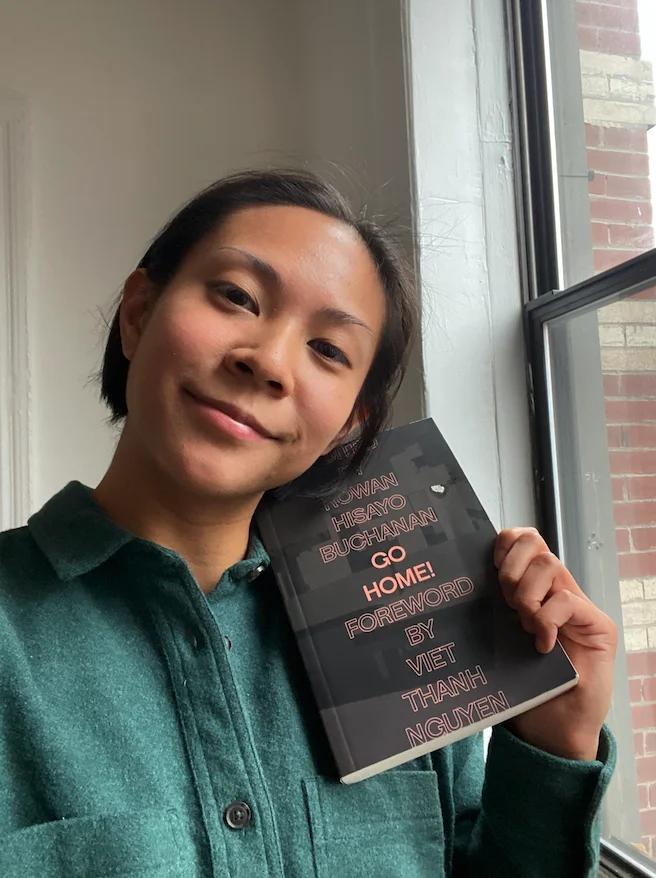
“Go Home! is an anthology that includes essays, poems, and memoirs from people in the Asian diaspora. The stories in this book particularly hit home for me as someone who grew up Filipinx-American. The title of the book echoes a slur that has been shouted at me and my parents by strangers in the streets. Being told to 'go home' suggests that my parents, who immigrated from the Philippines, and myself, who grew up in America — don’t belong. This book has forced me to reflect on what it means to navigate a world that glorifies whiteness. Reading it has also made me feel less alone in knowing that people in the Asian diaspora are right there with me — constantly defining and redefining what 'home' means to them while trying to build a more inclusive world for everyone.”
4. 'Why I'm No Longer Talking to White People About Race' by Reni Eddo-Lodge
Recommended by Tess Lowery, UK Editor & Content Manager; Helen Lock, UK Writer; Nora Holz, Content Coordinator
Tess Lowery: “At school, I was taught about Empire — and the racism it was born out of — as if it were part of history, not something that had a legacy with which we were still reckoning. This book blasted that illusion to shreds, pulled the wool from my eyes in terms of the UK's role in the slave trade, and revealed the ubiquity and 'invisibility' of anti-Black structural racism in the country.”
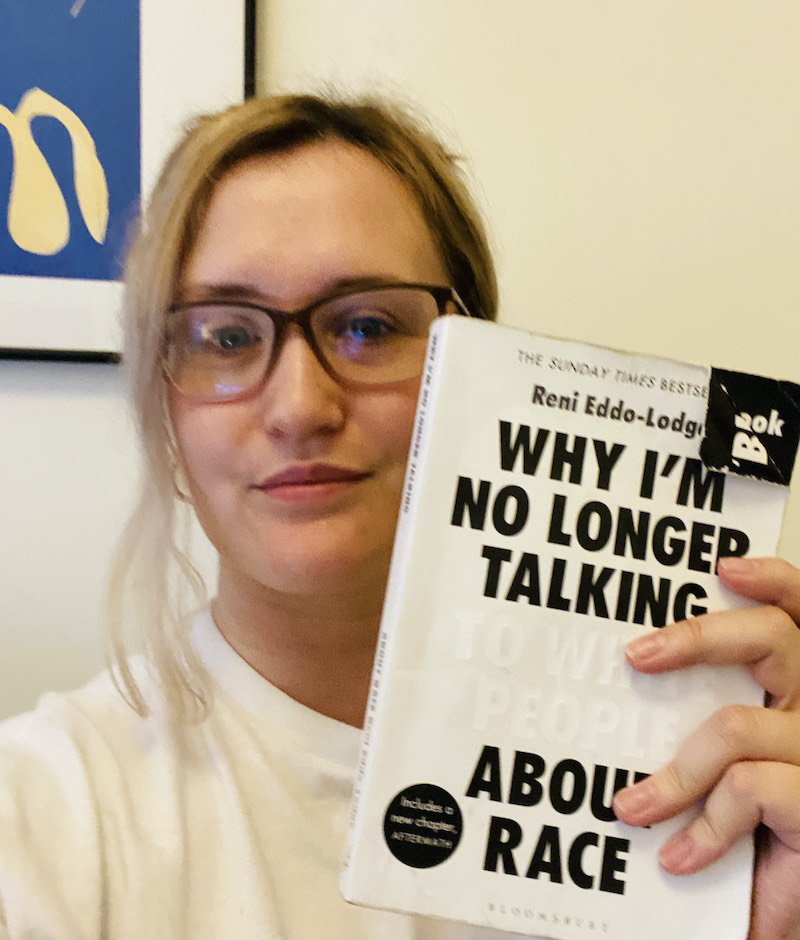
Helen Lock: “If you want to read one recent book that clearly distills all the issues with systematic racism prevalent in the UK today, pick this up.
Eddo-Lodge is about my age, and so I think part of why I found her book such a profound read is because she skewers many of the notions about race and racism in Britain that I was brought up with. Attending a big, diverse school in a liberal university city, the message was that racial discrimination was terrible but happened mostly ‘in the past’ and society had since improved. In the 90s and noughties, it was often implied that racism was like a ‘moral failure,’ as Eddo-Lodge writes, a flaw of certain bad individuals rather than something systemic still having a significant impact on the lives of Black, Asian, and other people of color in many ways.
The conversation in the UK has improved now — there’s more awareness that racial injustice is still a big problem, and major change across all professions and sectors of society is needed to truly fight it. And that’s in part due to the work of Eddo-Lodge.”
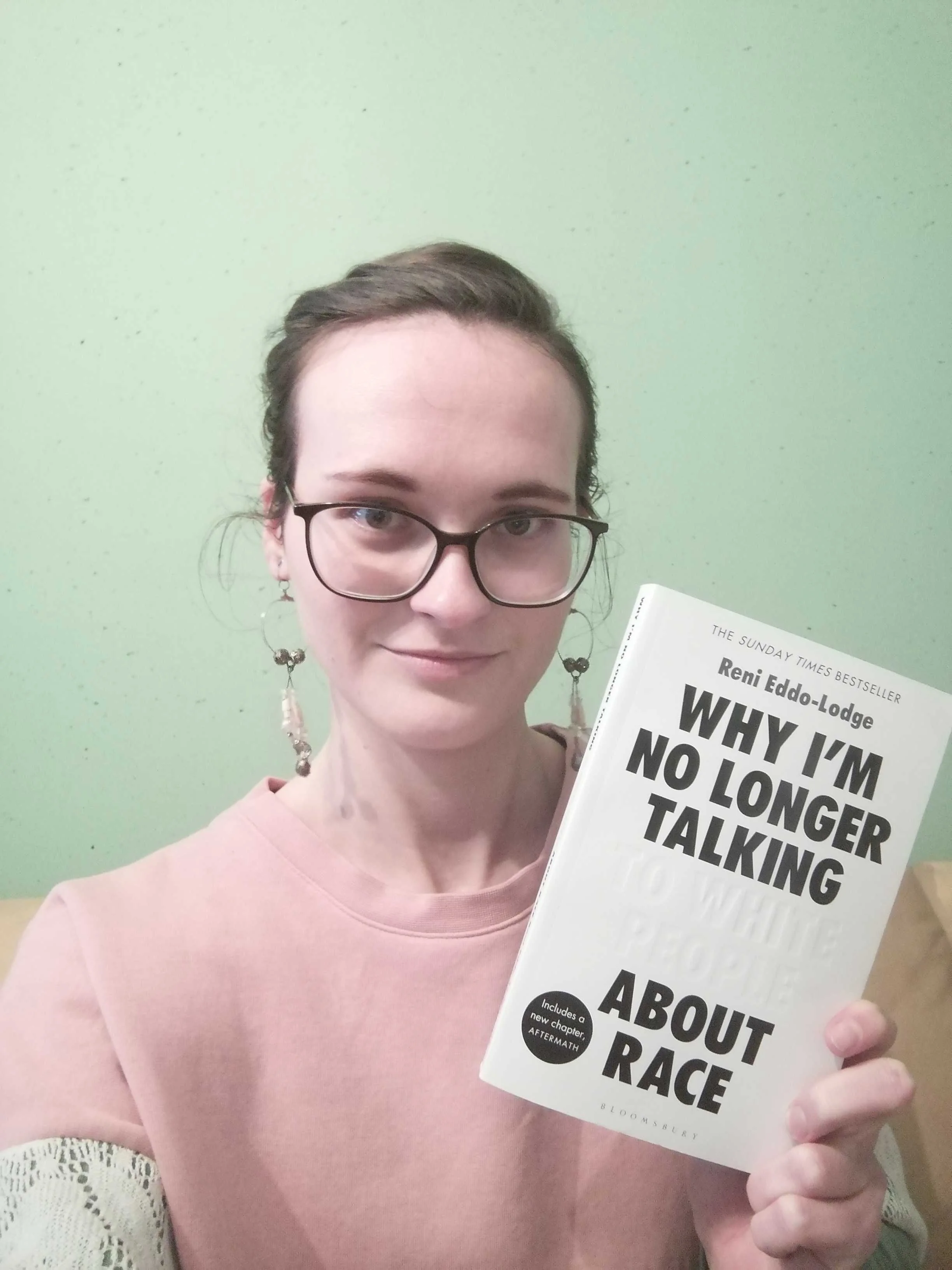
Nora Holz: “While reading this book, I had to underline so many sentences and caught myself writing WTF right next to it — there is so much in the history of slavery, systemic racism, and oppression that is immensely ingrained in our lives that we need books like this to uncover the truth. I know I have lots of work to do to challenge myself, as I have thought in the past that I am not part of the problem. I tended to use excuses and whataboutism to justify the status quo that is based on inequity and white supremacy. While it’s not Reni Eddo-Lodge’s task to educate me, I am extremely grateful she put her experiences into words so that I can own up to my white privilege and advocate for change.”
5. 'Freedom Is a Constant Struggle: Ferguson, Palestine, and the Foundations of a Movement' by Angela Davis
Recommended by Sarah El Gharib, Content & Communications Manager
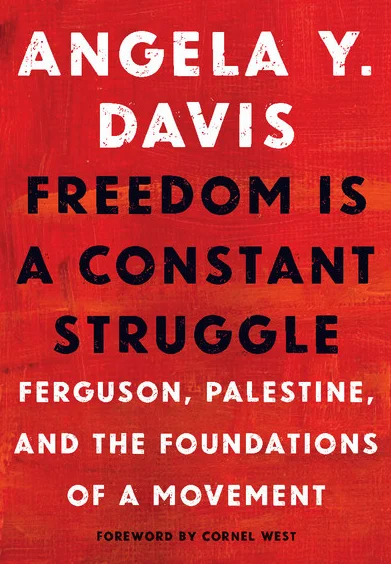
“This book is a must-read for everyone who wants to understand the roots of the fight against racial inequality and oppression. Looking at topics ranging from Black feminism to intersectionality, police violence, and more, activist Angela Davis highlights how the fight against racial inequality is a global phenomenon — and how all people can work together to end it once and for all. The political activist also explores how different struggles are interconnected and share similar goals without discounting the role of racism, white supremacy, and colonialism in creating and sustaining inequality.”
6. 'Assata: An Autobiography by Assata Shakur
Recommended byJoe McCarthy, Senior Writer
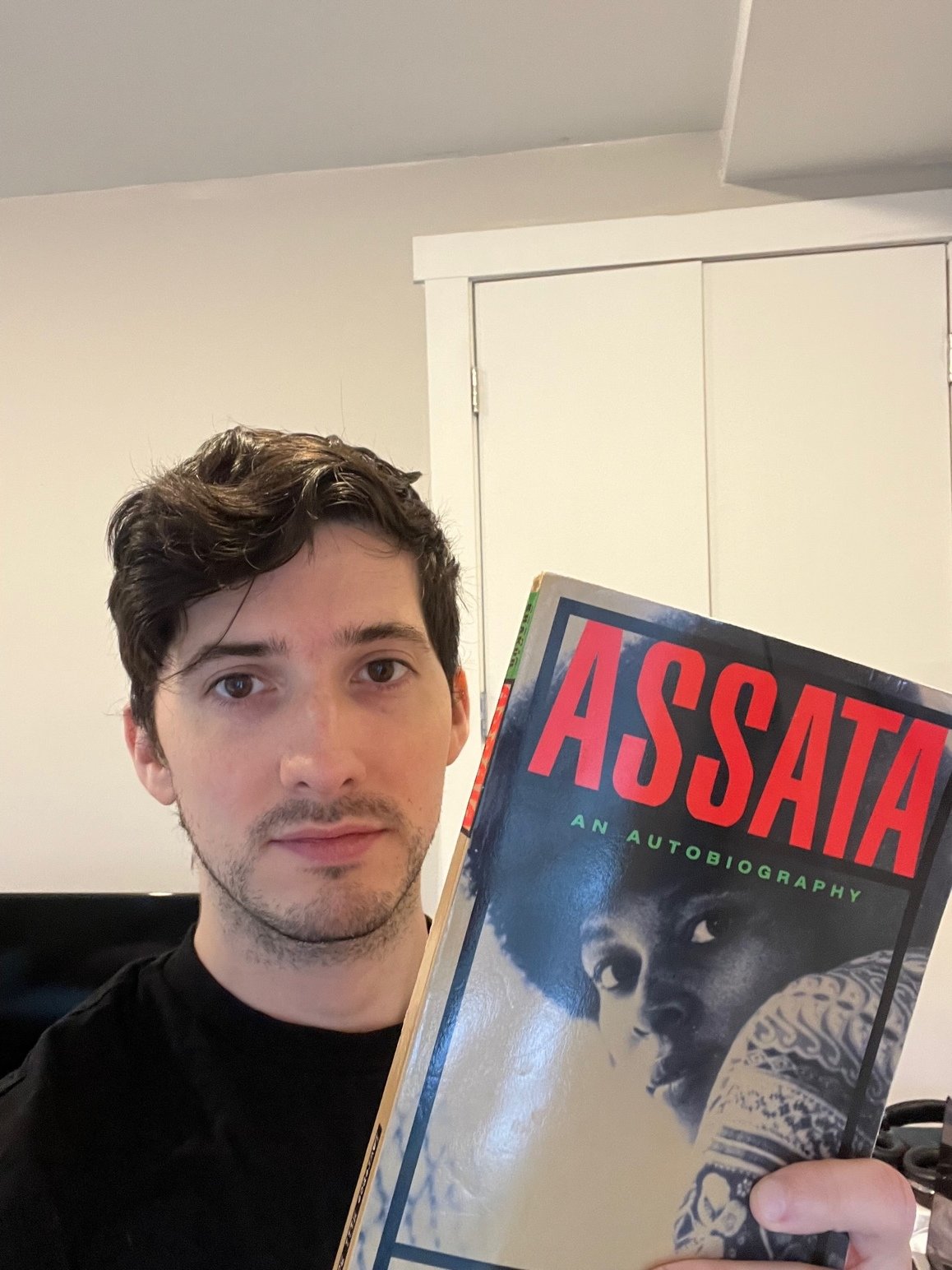
“An autobiography of the Black freedom fighter Assata Shakur, this book will leave you feeling enriched by her story, amazed by her courage, inspired by her humor and joy, and, ultimately, indignant about how she was treated by the US government and the broader injustices she writes about it. This book is essential reading for anyone who wants to better understand how movements for Black safety and well-being in the US have been systematically crushed throughout history.”
7. 'To Kill a Mockingbird' by Harper Lee
Recommended by Tshiamo Mobe, 2021/2 BeyGOOD x Global Citizen Fellow, Content
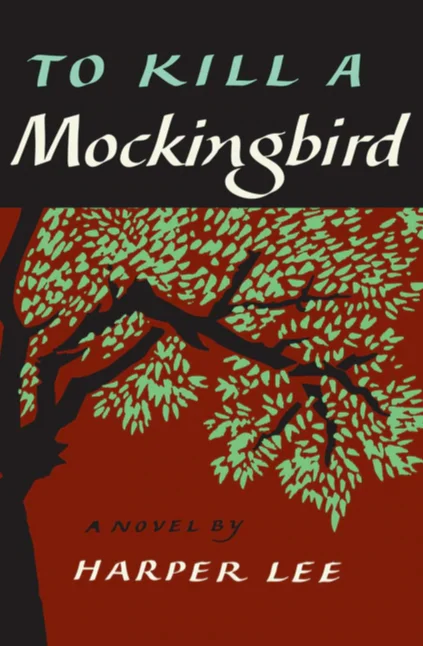
“This was one book I wish I had read earlier in my life (I read it at 21 years old), and it stayed with me long after I had read it. Unlike many of the racial equity books or generally books on injustice I've read, To Kill a Mockingbird is not the story of the oppressed just being oppressed with no salvation.
It tells the story of someone who is 'the symbol of oppression' (Atticus Finch) and how he is unwavering in his fight for justice and helping the oppressed. I also appreciate how his children (Scout and Jem) were able to see a practical example through their fathers’ actions.
Harper Lee is also not someone society would expect to write about racial prejudice and injustice, but this book demonstrates how anyone can fight for what we know is morally right despite what the naysayers say.”
8. 'Such A Fun Age' by Kiley Reid
Recommended by Khanyi Mlaba, Editor & Content Manager, Eastern & Southern Africa
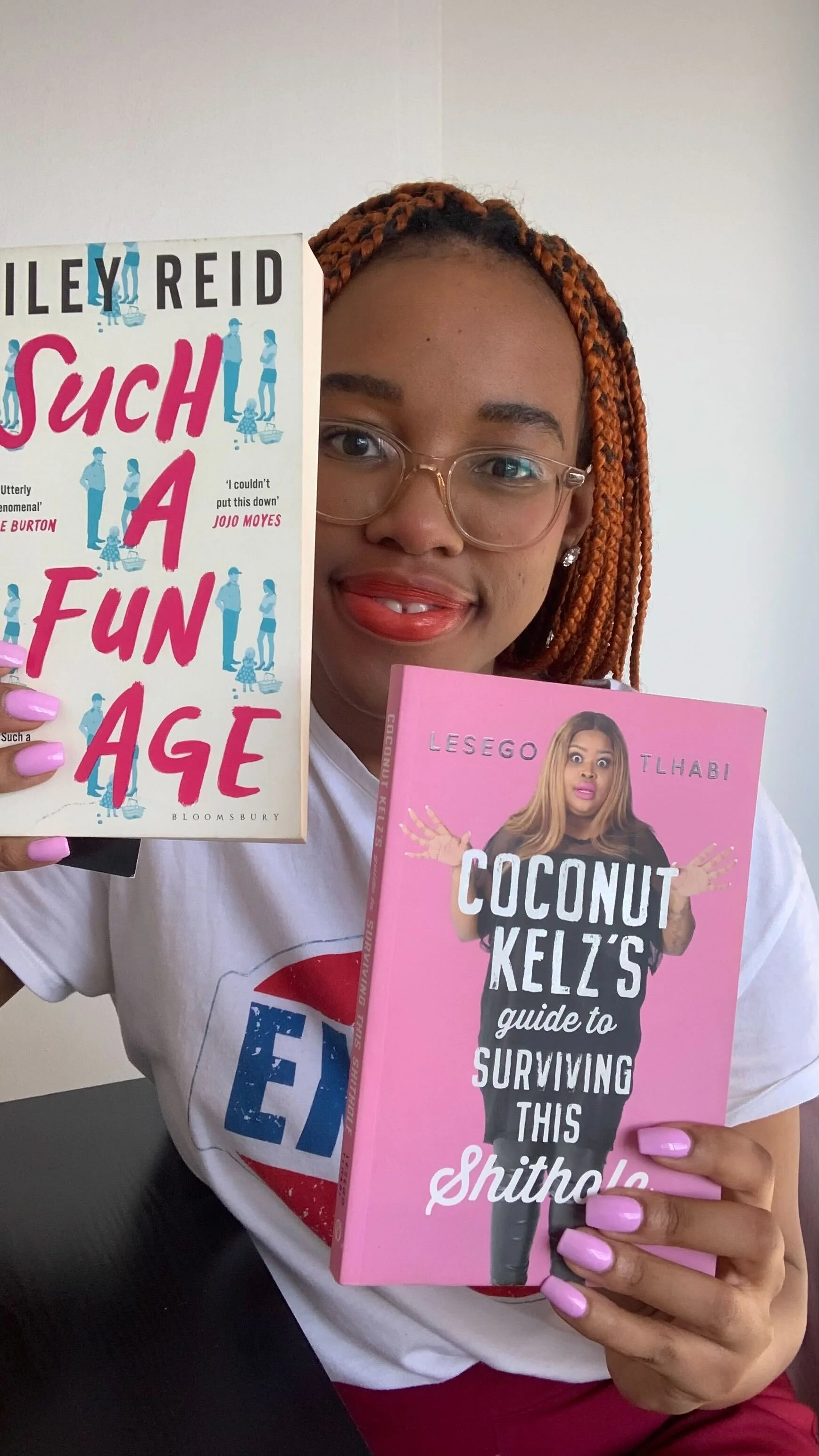
“I found this book realistic in the way it encapsulates the feeling of knowing that, as a Black person, you're going to be the subject of racism no matter what, and that fact can change so much of how you live, grow, and move through your day-to-day life. The protagonist, Emira, is a young woman in her 20s, wary of where her life is going, trying to have fun in her youth, and who quite simply doesn't have the energy to deal with the heaviness of a racist encounter she's subjected to at the beginning of the novel. It's hilarious in some points, pensive in others, and the emotional journey she goes through is one that I, and several young Black women, have experienced in one way or another.”
9. 'Coconut Kelz's Guide to Surviving This Shithole' by Lesego Tlhabi
Recommended by Khanyi Mlaba, Editor & Content Manager, Eastern & Southern Africa
“I love this book, it's hilarious. Coconut Kelz is the creation of actress, satirist, and author Lesego Thlabi. Kelz is her alter ego, a white woman born in a Black woman's body simply trying to survive the utter horror of being Black in South Africa — and because she's got a glimpse into both realities, she spends her days breaking down the existence of Black people, and explaining how you can live knowing that not only do Black people exist, they run the country. Her book is a guide to South Africa through her unique eyes, and through satire, deals with preconceived ideas that white South Africans have of Black South Africans.”
10. 'Noughts & Crosses' by Malorie Blackman
Recommended by Imogen Calderwood Editorial Director, Africa & Europe
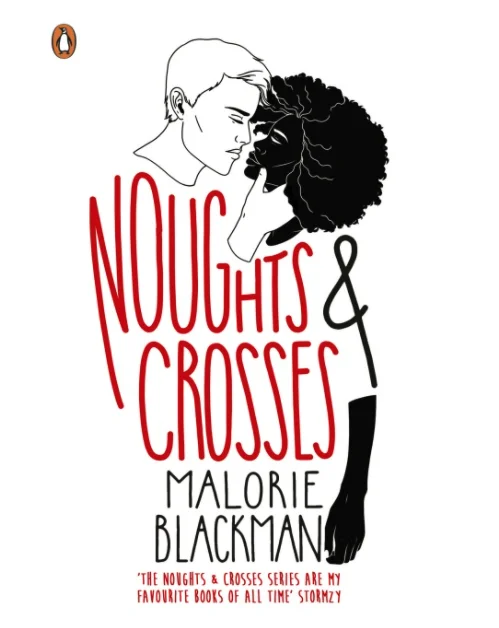
“Malorie Blackman's said she was inspired to write Noughts and Crosses partly by the ‘burning anger’ she felt following the death of Stephen Lawrence and the mishandling of the police inquiry. It's a book written for children and young adults, and it's the first book I remember reading that addressed race in any way. It does so with a simple concept, set in a world with a Black ruling class, but in a way that's so personal — some of it's inspired by Blackman's own experiences growing up — and so accessible.”
11. 'Sister Outsider'by Audre Lorde
Recommended by Leah Rodriguez, Staff Writer
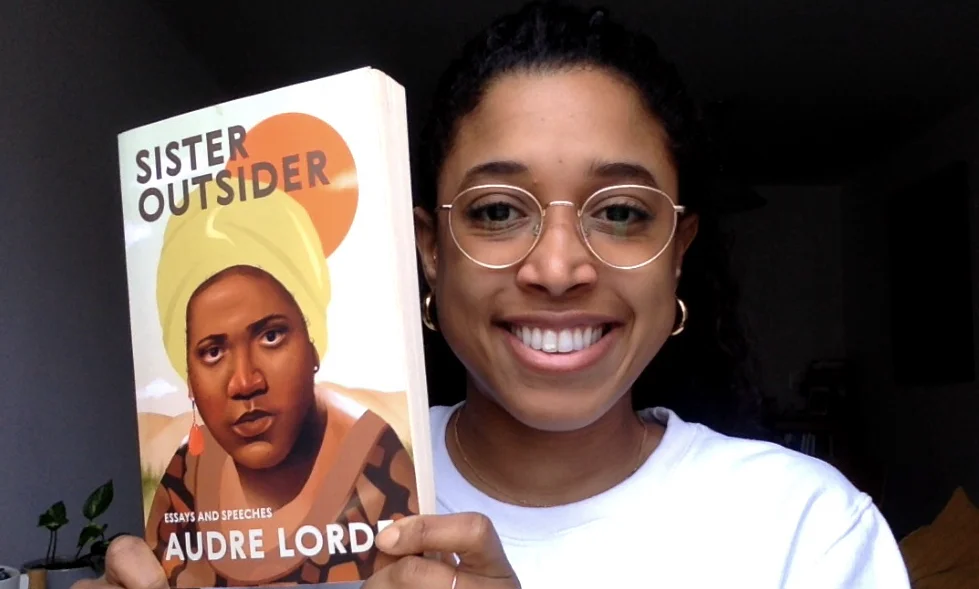
“I first read essays from Audre Lorde's Sister Outsider in an undergraduate women’s studies class. The collection by the feminist author and civil rights activist explores feminism through an intersectional lens, with women of color, especially Black women, at the forefront. Lorde honestly shares her own experiences as a reference point for issues of race, sexism, sexuality, and classism. She doesn’t shy away from sparking debate with her contemporaries or exposing the nuances and struggles the Black community faces while trying to address different forms of oppression. The essays, published between 1976 and 1984, still ring true as we continue to grapple with how to work together to dismantle capitalism and systemic racism. There’s so much to unpack in this collection that I’ll probably keep going back to it throughout my life and take away something different each time.”